What Happens When We Read: Part 5
How Healthy is Reading? 19th century newly literate women were considered vulnerable and there was a fear that they could be manipulated by fiction! Similarly, newly literate men...
Filter by Category
Filter by Author

























































































































































































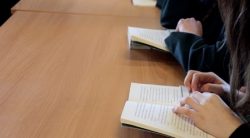
How Healthy is Reading? 19th century newly literate women were considered vulnerable and there was a fear that they could be manipulated by fiction! Similarly, newly literate men...
Posted by Lynn Court
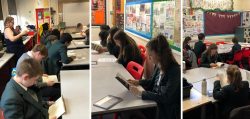
Reading through History Reading has long been seen as a source of ‘solace, consolation and healing throughout history.’ Helen Mary Gaskell set up a War Library in 1914 (after...
Posted by Lynn Court
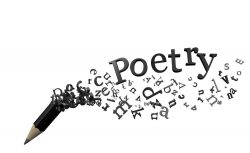
We often hear about poems, due to some of us having to learn about them, or it just being a major form of literature that has existed for a very long time. Some of us might think...
Posted by Natasha Collins
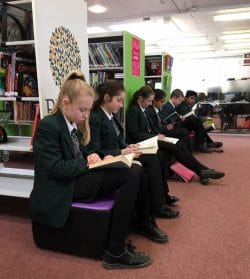
Identification and Transportation This means the extent to which the reader identifies with characters and situations and how much they become mentally and emotionally immersed in...
Posted by Lynn Court

Reading Through Time… Reading is a form of entertainment with a long history. People often turn to reading as a source of comfort e.g. when in hospital, a distraction from...
Posted by Lynn Court
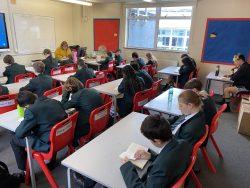
It was a real delight to walk through A Block classrooms on Friday morning last week and see all students following our fantastic Friday reading expectations which are designed to...
Posted by Jeremy Turner
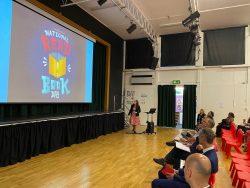
Our Monday Magic Moment in Staff Briefing at the start of this week was led by our inspirational Lead Practitioner of English and Whole School Literacy for the Bushey St James...
Posted by Jeremy Turner
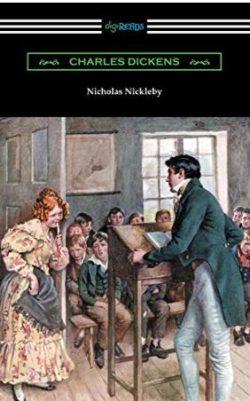
Nicholas Nickleby or The Life and Adventures of Nicholas Nickleby is a novel by Charles Dickens originally published as a serial from 1838 to 1839. It was Dickens’ third...
Posted by Natalie Stanton
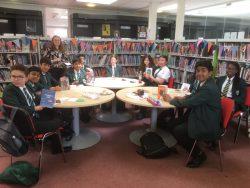
The Yoto Carnegie Medal is awarded annually by children’s librarians for an outstanding book written in English for children and young people. Every spring, reading groups in...
Posted by Teresa Turton
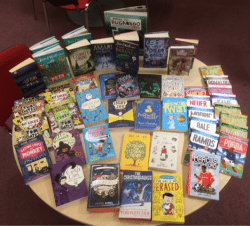
Back in March, for the World Book Day competition, some of our amazing students baked book-themed cakes and held a bake-sale so others could enjoy their creations. The proceeds of...
Posted by Teresa Turton
How Healthy is Reading?
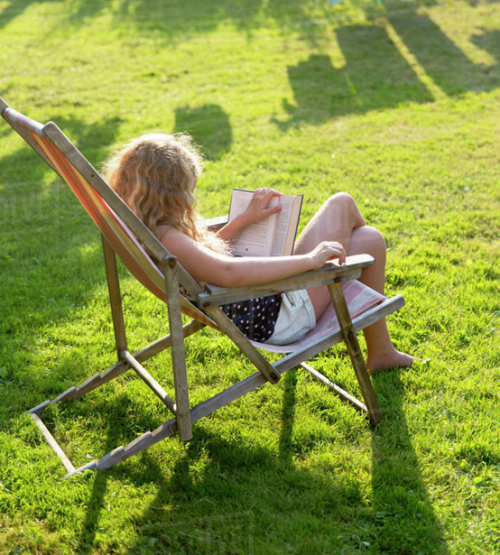
Bushey Meads is a Reading School! With the gorgeous weather we had over Easter weekend, I was teased with one of the best things about a summer holiday; sitting outside immersed...
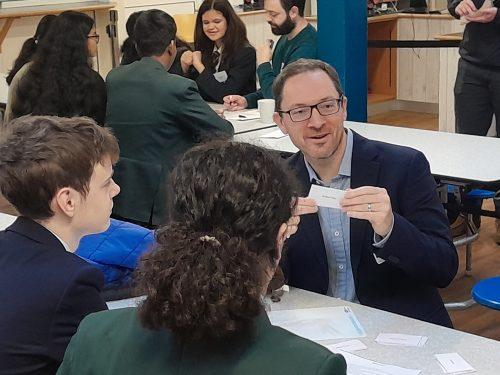
On Thursday 10th November, the student learning consultants came in early to school to deliver a session to the school governors, which involved them delivering a game to get to...